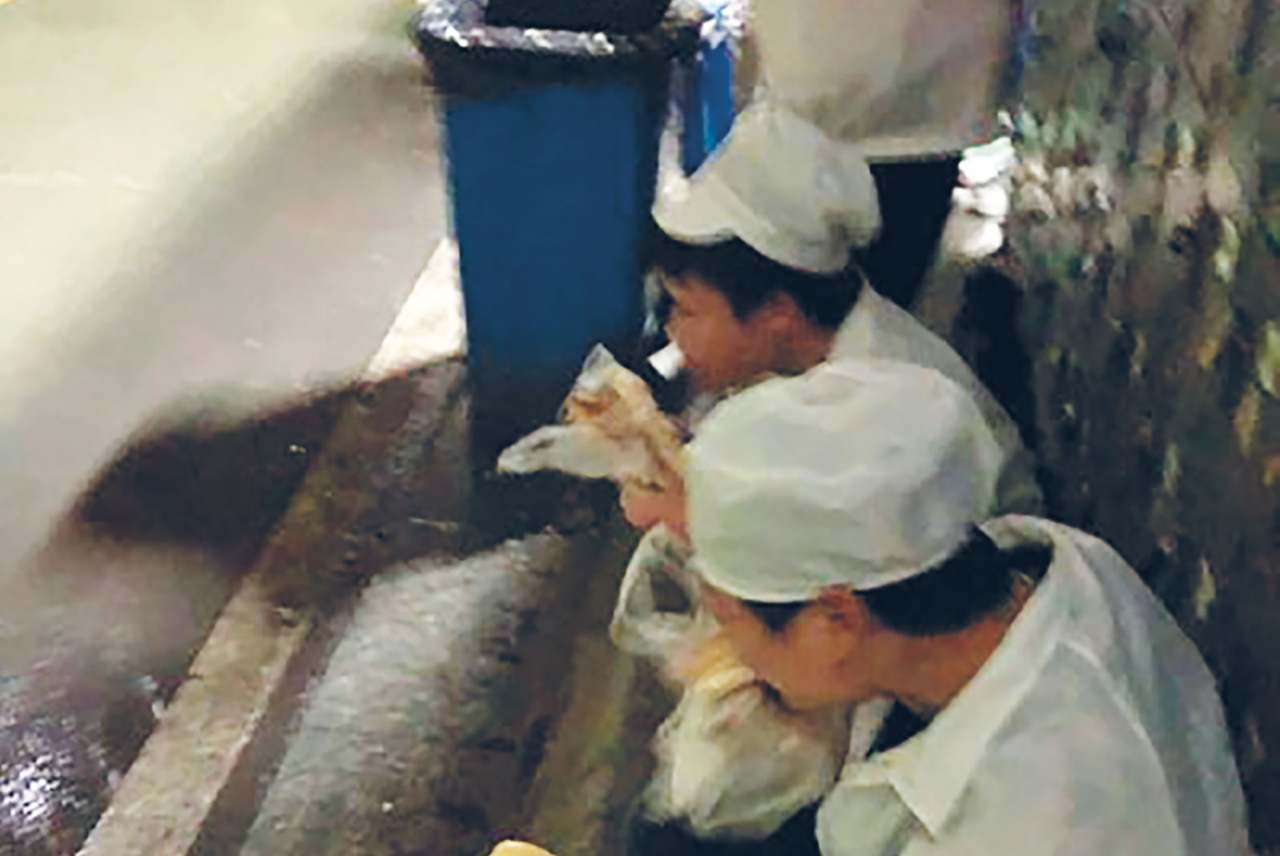In August, interviews and leaked documents from the Amazon supplier Foxconn showed that over 1000 school students have been employed, often for over two months, to assist in peak production periods.
In China, the employment of over-16s as factory ‘interns’ is legal, but they are not allowed to work nights or overtime.
However, documents leaked to China Labour Watch show that Foxconn was unable to meet production targets without students accepting overtime and that those who refused were sacked by the company.
Xing Fang, 17, told the Guardian that she complained after her working hours were increased from forty to sixty hours a week, including overtime, “But the manager notified my teacher and the teacher said if I didn’t work overtime, I could not intern at Foxconn and that would affect my graduation and scholarship applications at the school. I had no choice, I could only endure this.”
It is not the first time that the company has been found to be exploiting temporary employees. Foxconn’s use of student interns was similarly criticised in 2013.
In 2017, Amazon agreed on a new deal with the company to add 15 production lines to the factory and hire thousands of new recruits for the production of its Alexa-based Echo and Echo Dot devices as well as its Kindle tablets.
Since then, Foxconn has been accused of avoiding hiring permanent members of staff by using well over the limit of agency workers permitted by Chinese law. It has also been accused of asking workers to do overtime beyond the legal 36 hours and failing to pay the legal wage for it.
Its recent hiring practices show it is continuing to cut costs through its exploitative hiring practices. One of the recently leaked documents states it recruited student interns, “to fulfil the shortage of the labour force and lower the cost of labour recruitment”.
Foxconn’s student interns are paid just £1.93 an hour including overtime and add-ons, compared to around £2.29 for an experienced agency worker – to produce devices that cost from £50 in the UK. They were also found to make up over 20% of the factory's workforce - more than double the amount allowed by Chinese law.
Amazon had also received criticism for allowing its own technologies to be used for the surveillance of migrants in the USA.
Students forced to work at night to meet Amazon production targets of the factory’s workforce – more than double the amount allowed by Chinese law.






